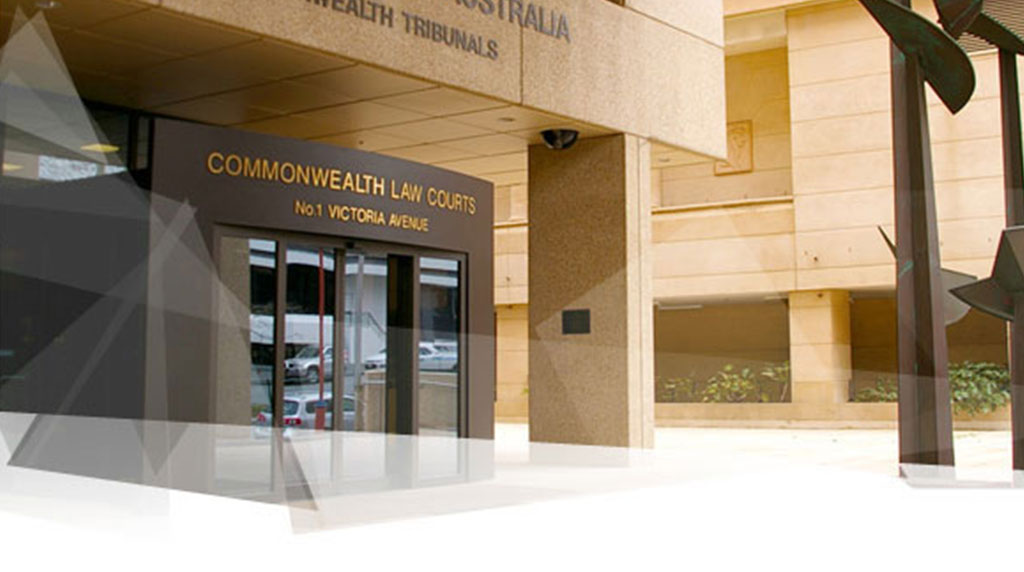ANXIOUS Mercedes-Benz agents who are part of the legal case taken against Mercedes-Benz Australia/Pacific for an alleged loss of goodwill in the wake of the move to an agency sales model, could see resolution of the case within days and most likely before the end of May, if the scuttlebut in legal circles is true.
When the trial ended last November, the Federal Court’s Justice Jonathon Beach told the parties to the case that he expected to bring down his judgement within the first quarter of 2023.
This deadline has now passed. But according to the word in legal circles the agents/dealers may not have much longer to wait following remarks made to the parties in another unconnected trial about how Justice Beach’s diary is playing out.
Mercedes-Benz dealers taking part in the action have been told that Justice Beach informed the parties in that unconnected trial that he was taking a two-week holiday in late May and that he had a large judgement to deliver before then.
Parties associated with the Mercedes-Benz trial have taken that to mean the large judgement Justice Beach has to deliver is the Benz decision and that the judgement will be delivered in mid to late May.
As reported in GoAutoNews Premium last November, the action brought by 38 of Mercedes-Benz Australian dealers against Mercedes-Benz Australia/Pacific finished after three months that included seven weeks of the court actually in session.
At stake is $650 million in goodwill which the dealers argued was taken from them and transferred to Mercedes-Benz under the agency sales agreements which they claimed they were forced to sign or have their Mercedes-Benz businesses taken from them.
Justice Beach’s decisions are expected to make the trial a test case, the result of which is likely to determine automotive franchise agreements in the future because it is:
- Testing the boundaries of what people can do under a franchise agreement
- Testing the meaning of goodwill and
- Testing what happens to goodwill at the end of a franchise agreement.
According to briefings to GoAutoNews Premium, there were four main points at issue in the Mercedes-Benz trial.
The first was that the issuing of the non-renewal notices by Mercedes-Benz was beyond the contractual power inferred under the dealer agreement. So it is a contractual question. Given the whole context of the agreement, was that a proper purpose to bring the dealer franchise agreement to an end for the purpose of entering into an agency agreement?
Secondly, did Mercedes-Benz act in good faith within the meaning of the franchising code of conduct?
Thirdly, did Mercedes-Benz engage in an unconscionable conduct in contravention of Australian Consumer Law by cancelling the contract and by enforcing dealers onto the agency agreement with a heavily-reduced level of commission as a reaction to fend off disruptors in the market?
Mercedes-Benz said that the whole justification of going to the agency was the appearance of disruptors in the market. The dealers argued: Was it a reasonable response to deal with the threat of disruptors by forcing the dealers into an agency agreement with reduced profits?
The dealers argued: Was that a disproportionate response to a perceived threat given that disruptors have been present in the market for a long time now. It is not as if these disruptors had just appeared. They also argued that even if it was necessary to react against disruptors, was it necessary to slash the profit paid to dealers as well. What does that have to do with disruptors?
The dealers claimed that the reaction to disruption by moving to an agency agreement was so disproportionate that it amounted to unconscionable conduct.
Fourth, did Mercedes-Benz engage in economic duress to force the dealers into the agency agreement?
Much discussion revolved around whether the decision to go to the agency sales model was a directive from Germany or was thought up by management in Australia.
This is relevant because to exercise power in good faith, the dealers argued, Mercedes-Benz would need to take into account each dealer’s circumstances because the duty of good faith is owed by the franchisor to the franchisee individually.
If it was found to be a directive from Germany, then, the dealers claimed, it would show Mercedes-Benz had no regard to the franchisee’s interests in making that decision.
Read more:
Mercedes agency decision today
Mercedes court case is critical
By John Mellor













 Read More: Related articles
Read More: Related articles

